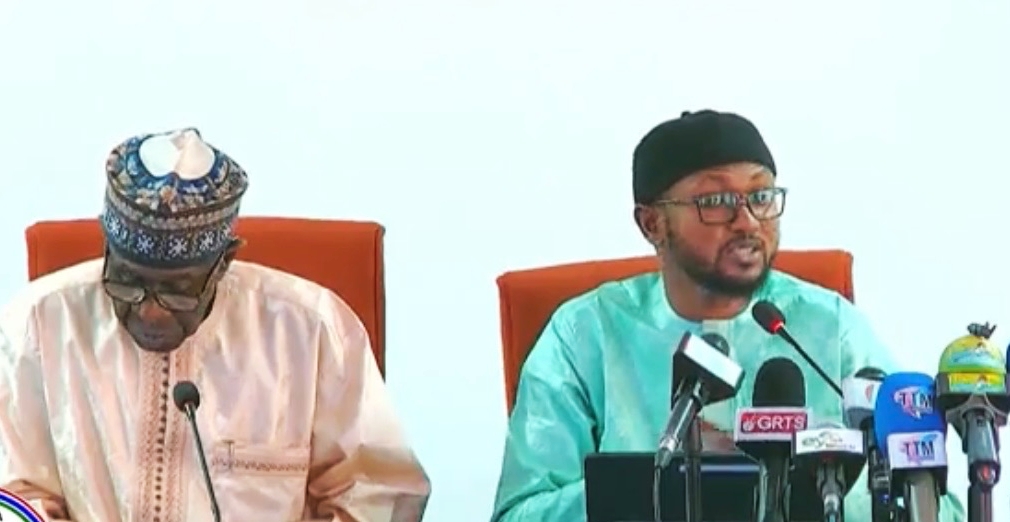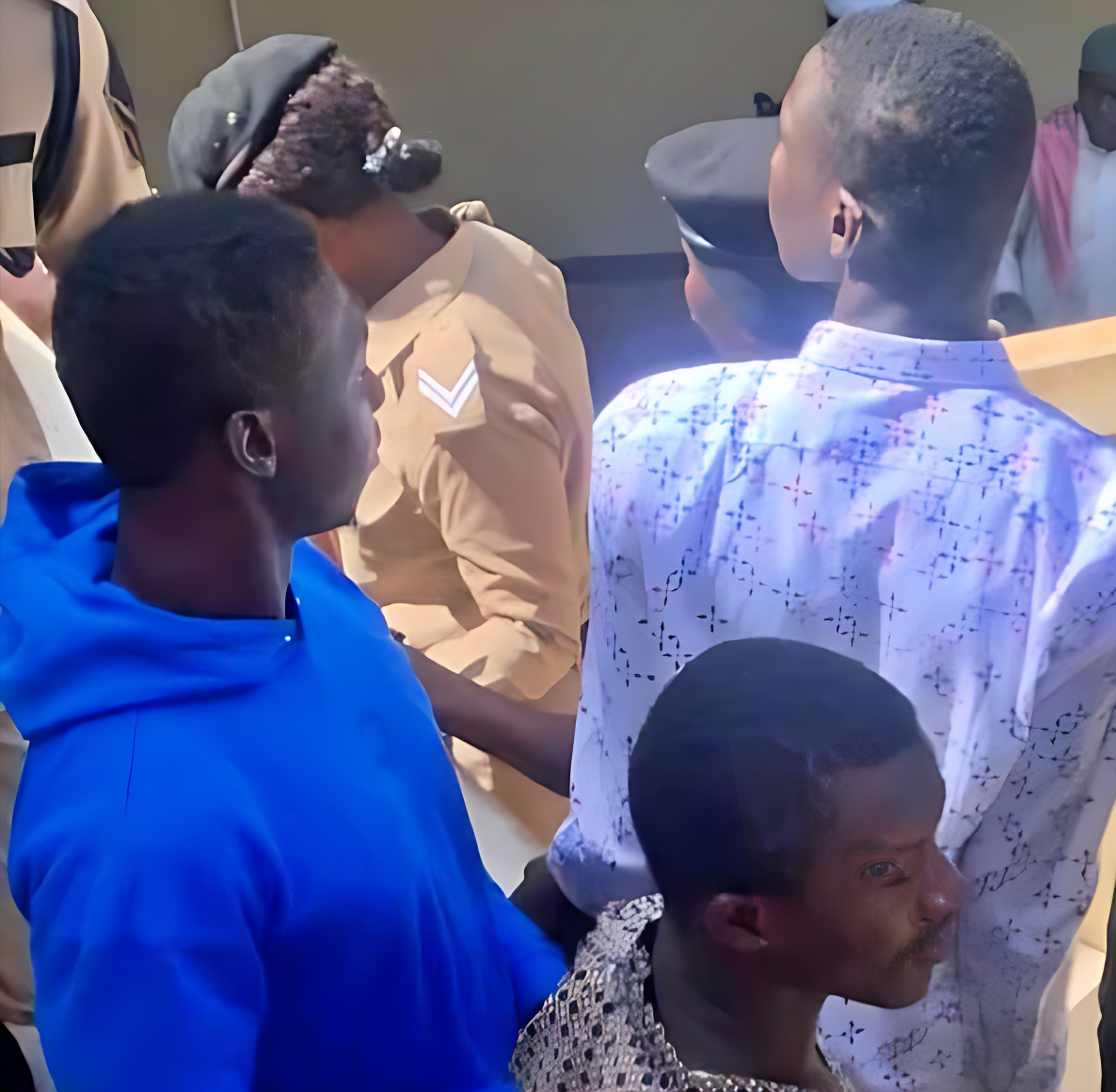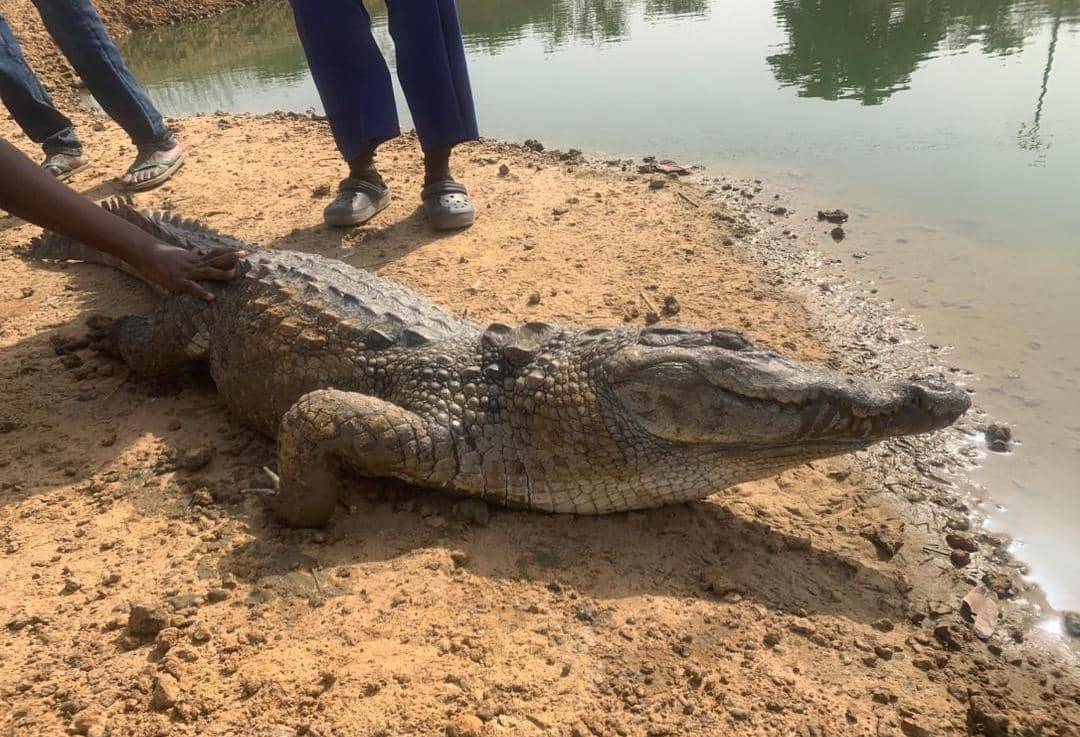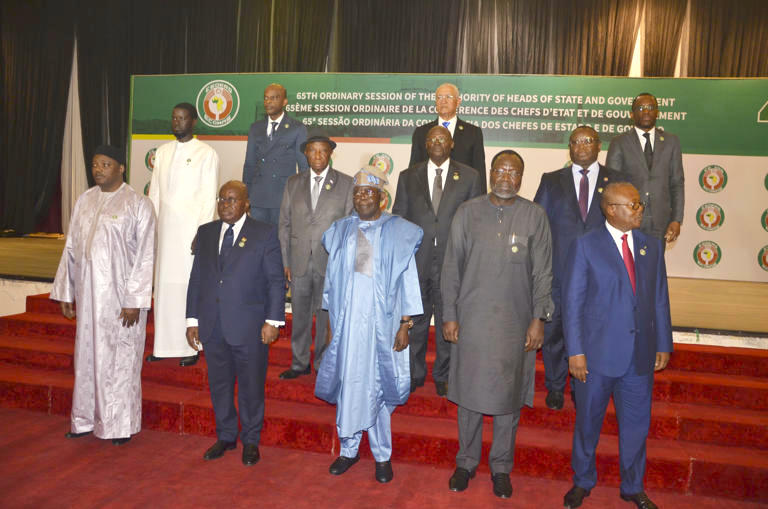Gambiaj.com – (ABUJA, Nigeria) – The West African bloc ECOWAS issued a stark warning on Sunday about the potential “disintegration” of the region following the formal establishment of a breakaway union by the military rulers of Niger, Mali, and Burkina Faso. The three nations declared the formation of the “Confederation of Sahel States” at a meeting held just before the Economic Community of West African States leaders’ summit, solidifying their split from ECOWAS, a decision initially announced earlier this year.
Dr. Omar Alieu Touray, President of the ECOWAS Commission, highlighted the severe repercussions of the Sahel countries’ withdrawal. He emphasized that this move could lead to “political isolation,” resulting in the loss of millions of dollars in funding and restricted freedom of movement. Additionally, Touray warned that the separation would exacerbate regional insecurity and hinder the progress of the long-planned regional force.
“Our region is facing the risk of disintegration,” Touray stated, addressing the broader issues within the regional bloc, including security challenges and misinformation that breed community mistrust. He also called on member states to meet their financial obligations to ECOWAS, given its current dire financial situation.
The bloc, already struggling with widespread jihadist violence, financial difficulties, and challenges in assembling a regional force, now faces a critical juncture. While the summit in Abuja did not immediately outline specific actions, Nigeria’s President Bola Ahmed Tinubu urged Senegal’s new leader to act as a “special envoy” to engage with Mali, Burkina Faso, and Niger, though no further details were provided.
Turning Their Backs
The military juntas in Niger, Mali, and Burkina Faso, which seized power through a series of coups in recent years, officially announced their departure from ECOWAS in January. These countries have distanced themselves from their former colonial ruler, France, expelling French troops and seeking to establish a “community far removed from the stranglehold of foreign powers,” according to Niger’s General Abdourahamane Tiani.
“Our people have irrevocably turned their backs on ECOWAS,” Tiani declared at the Sahel group meeting in Niamey on Saturday, firmly rejecting the bloc’s efforts to reintegrate them. The decision to leave ECOWAS was partly driven by accusations that Paris was manipulating the bloc and failing to adequately support anti-jihadist initiatives.
Several West African leaders have advocated for renewed dialogue, with Sunday’s summit marking the first appearance of new Senegalese President Bassirou Diomaye Faye, who expressed optimism about reconciliation. “We must do everything we can to avoid the withdrawal of these three brotherly countries from ECOWAS,” he stated, calling for reforms to “adapt ECOWAS to the realities of our times.”
ECOWAS Military Force and Financial Strain
ECOWAS continues to discuss funding a “regional force to combat terrorism and restore constitutional order,” proposing an initial 1,500-member unit with plans to expand to a brigade of 5,000 soldiers, at an estimated annual cost of $2.6 billion. While ECOWAS has launched military interventions in the past, its threat to do so after the Niger coup fizzled out, underscoring the current financial and logistical challenges.
As the bloc navigates these regional issues, Touray underscored the severity of ECOWAS’s “dire financial situation.” Additionally, the organization announced that President Tinubu would continue as chair, despite reports of a possible rift regarding his reappointment.
The unfolding situation presents a critical test for ECOWAS, as it seeks to maintain regional stability and unity in the face of significant internal and external pressures.










